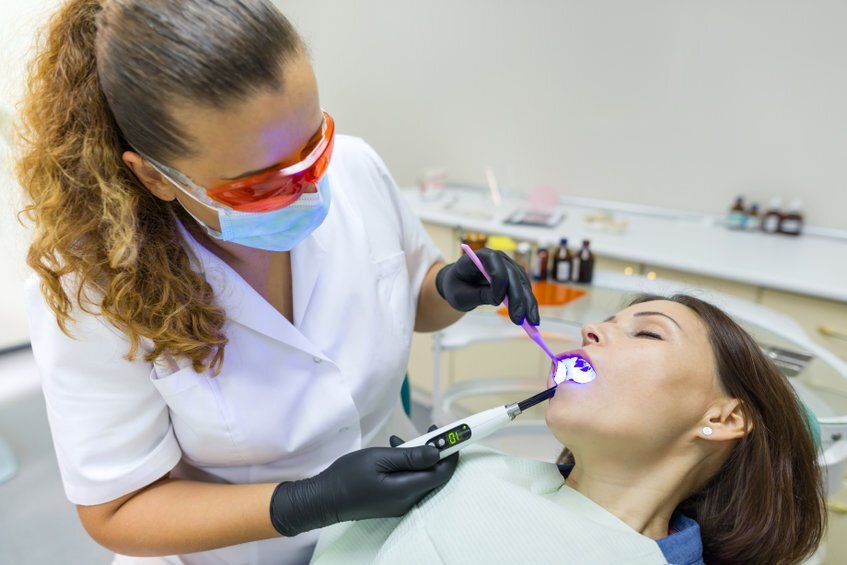Talking to Your Doctor and Dentist About the Use of Anesthetics and Sedation Methods
- By Mary Marks
- •
- 26 Oct, 2021
- •

Many surgeries require anesthesia and dentists likeClarkson Dentalthat offer forms of sedation, which is the use of medications to prevent or reduce pain. Whether total or local, anesthesia affects the nervous system by blocking nerve impulses and therefore by blocking pain. Anesthesia can numb a part of your body or put you to sleep completely, depending on the type of medical procedure it is performed. Its purpose is to help you feel as comfortable as possible during an operation that can be difficult to tolerate physically or emotionally.
Talking to your doctor or dentist about the use of anesthetics is important to find out the correct information about this procedure.
For example, you will find out that the anesthesiologist will meet you and the surgeon, right before the operation, to assess your health and make decisions to ensure that the anesthesia can be performed safely and effectively on you. Your vital signs will be kept under strict observation, during surgery, including how well your heart and lungs are working while you are unconscious, and takes care of you after surgery to make sure you are safe while you recover.
For some people, anesthesia is one of the scariest parts of an operation. In reality, potential risks appear only very rarely, nowadays. Not only has the number of errors decreased over time, but American experts believe that anesthesia is now one of the safest medical procedures.





Although oral sedation dentistry Highlands Ranch is one of the optionsavailable for managing anxiety and discomfort during oral surgery, you certainly do not need to use it all the time. As a matter of fact, the exact type of sedation or anesthesia that you receive during oral procedures may depend on various factors, such as the complexity of the procedure, your medical problems, as well as your doctor’s preferences.
There can be several different levels of sedation that can be used in oral surgery. Local anesthesia is one of them. This involves injecting anesthetic medication into the specific area where the surgery will take place. It numbs the area and is often used for less invasive procedures.
Oral sedation involves taking medication in the form of a pill to induce a state of relaxation and drowsiness. The patient is still conscious, but he/she may not be fully aware of the procedure. At any rate, sedation helps him/her get rid of anxiety.
In the case of intravenous sedation, medication is administered through a vein, which induces a deeper state of sedation than oral sedation. Patients may still be conscious, but they are less aware of their surroundings and may not remember the procedure.





